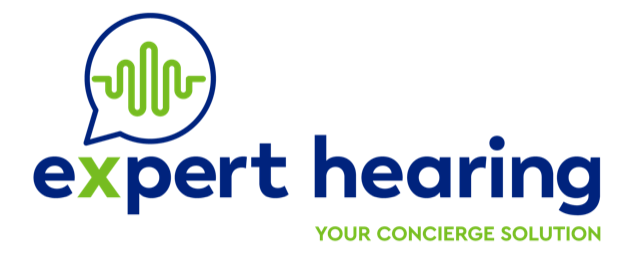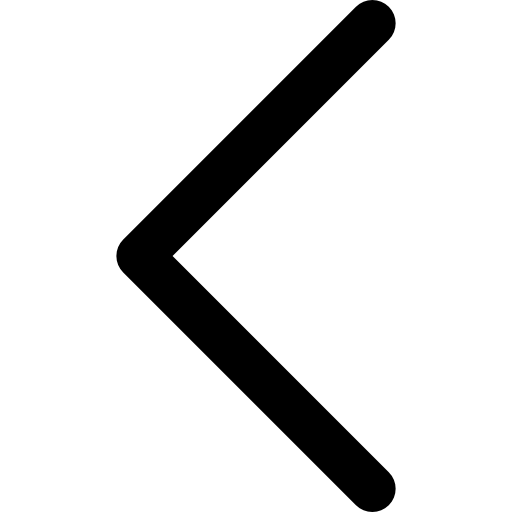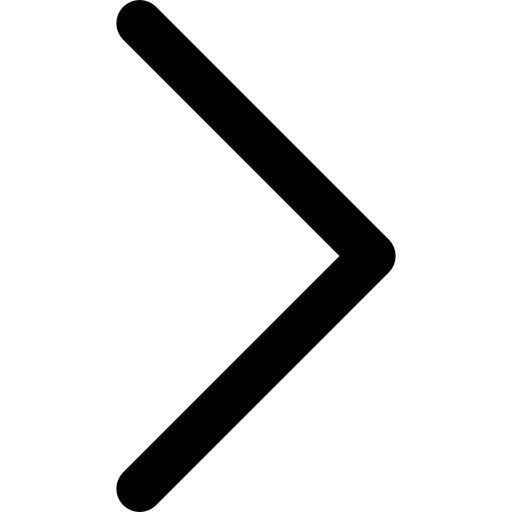Did you know that hearing aids can significantly improve your quality of life by enhancing your ability to hear the world around you? However, like any other technology, your hearing aids need regular attention to ensure they continue working at their best. If you’ve had your hearing aids for years or just a few months, it’s important to ask yourself: Are they performing at their full potential?
Proper care and timely adjustments can help you get the most out of your hearing aids. Here are some key indicators that your devices might need a tune-up and practical tips to maintain their performance.
Signs Your Hearing Aids Need Adjustments
Over time, you might notice that your hearing aids aren’t providing the same level of clarity they once did. You might find yourself turning the volume up more frequently or struggling to hear in situations that were previously easy. If you’re experiencing frequent feedback, whistling sounds, or muffled speech, it’s a sign your devices may need recalibration.
Sudden changes in your hearing or any discomfort in wearing your aids can also indicate a problem. Don’t hesitate to reach out to a professional for a check-up to ensure your hearing aids are properly tuned.
Regular Cleaning and Maintenance
Hearing aids are exposed to earwax, moisture, and dust daily, which can affect their performance. Regular cleaning is essential to keeping them in top condition. Make sure to clean the microphone and receiver openings gently with a soft brush or a specific cleaning tool provided by your hearing health professional. It’s also helpful to remove any earwax buildup that might block sound.
Avoid using water or cleaning solutions directly on your devices, as moisture can damage their delicate components. Instead, use a dry cloth to wipe them down. If you’re unsure how to clean your hearing aids, ask your provider for guidance.
Check Your Batteries Regularly
One of the most common reasons hearing aids stop working properly is weak or dead batteries. If your hearing aids suddenly stop working or sound distorted, check the batteries first. Replace them if necessary, and always keep spare batteries on hand, especially if you use your hearing aids throughout the day.
Rechargeable hearing aids also need regular attention. Ensure your charging station is functioning properly and that your hearing aids are fully charged before wearing them. A reliable power source keeps your devices working smoothly and consistently.
Hearing Aids May Need Reprogramming
Hearing loss can change over time, and your hearing aids need to keep up with those changes. If you’ve noticed difficulty hearing in noisy environments or certain voices seem unclear, it could be time for reprogramming. Your hearing health professional can adjust your hearing aids to match any changes in your hearing, ensuring they continue to provide the best possible experience.
Don’t wait until your hearing becomes frustrating. Regular check-ins with your hearing health professional allow for any necessary adjustments to be made early on, improving the overall effectiveness of your hearing aids.
Upgrade to New Technology When Necessary
Hearing aid technology is advancing rapidly. If your devices are several years old, you may benefit from exploring newer models. Modern hearing aids come equipped with advanced features like Bluetooth connectivity, rechargeable batteries, and more precise sound filtering. These features can make a significant difference in your listening experience. While upgrading to new hearing aids might seem like a big step, it can improve your quality of life and make hearing in challenging situations much easier.
Maintain Communication with Your Hearing Health Professional
Your hearing health professional is your partner in hearing health. Regular appointments allow for professional cleaning, performance checks, and necessary adjustments. Be sure to communicate any changes in your hearing or device performance, no matter how minor they may seem. Early intervention can prevent more significant issues down the road.
If you haven’t had a hearing aid check-up in a while, consider scheduling one. Regular maintenance, combined with professional support, ensures your hearing aids stay in optimal condition and work their best for years to come.



